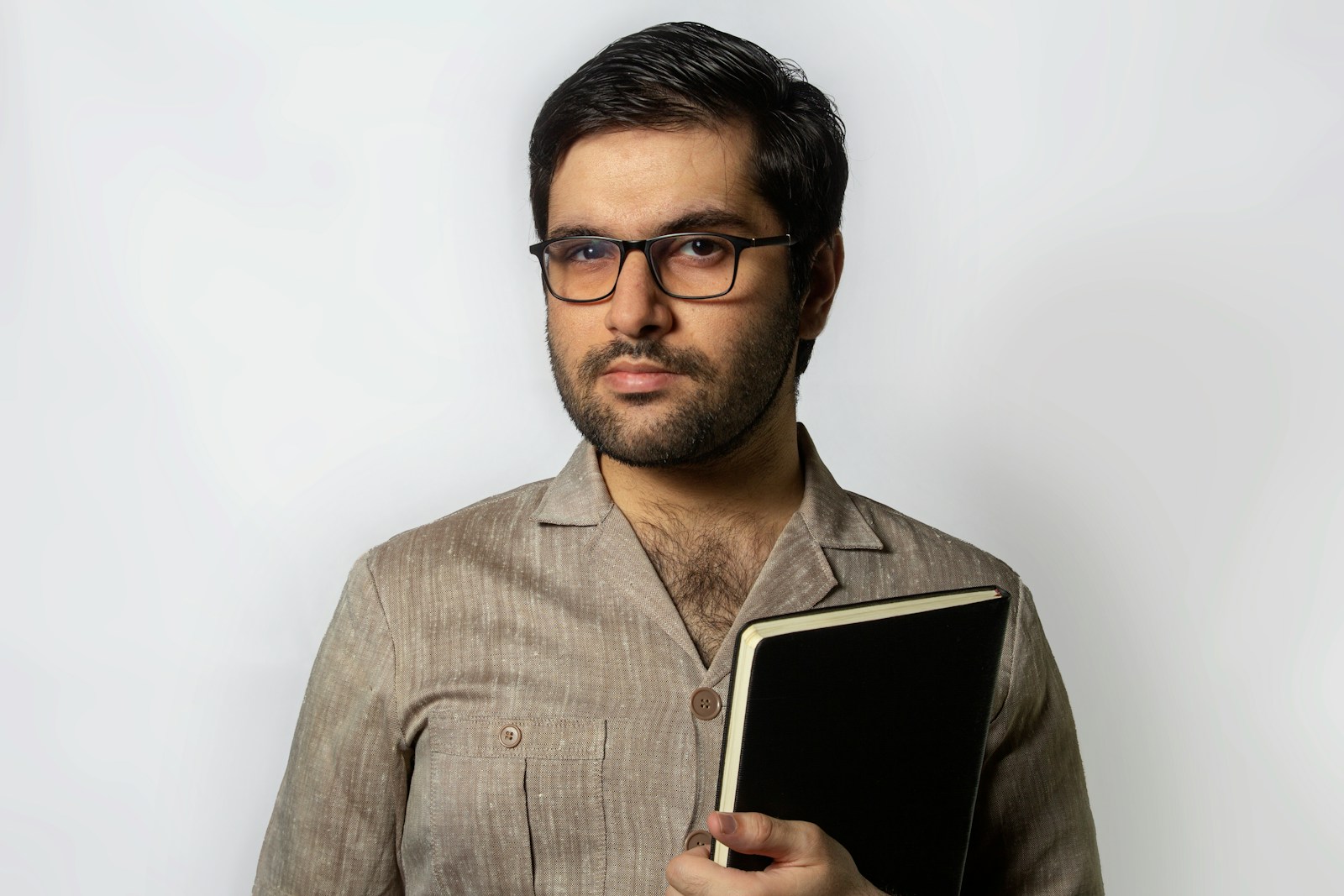Eric Hamilton
The story of Shadrach, Meshach, and Abednego in Daniel 3 is one of the most dramatic displays of faith in the Old Testament. King Nebuchadnezzar, ruler of Babylon, erects a towering golden statue and demands that all bow before it, threatening death in a fiery furnace for any who refuse. These three young Hebrew men, exiles far from home, face a choice: compromise their allegiance to the one true God or stand firm and risk everything.
Their response to the king’s ultimatum is breathtaking: “Shadrach, Meshach, and Abednego answered and said to the king, ‘O Nebuchadnezzar, we have no need to answer you in this matter. If this be so, our God whom we serve is able to deliver us from the burning fiery furnace, and he will deliver us out of your hand, O king. But if not, be it known to you, O king, that we will not serve your gods or worship the golden image that you have set up’” (Daniel 3:16-18, ESV).
Notice the structure of their declaration. First, they affirm their confidence in God’s power—He is able to save them. Their faith is not blind; it is rooted in the knowledge of God’s sovereignty and might. But then comes the pivot: “But if not.” These three words encapsulate the heart of their trust. They do not presume that God’s faithfulness requires their physical deliverance. They are willing to die rather than dishonor Him, entrusting their lives—whether saved or lost—to His hands. God does end up delivering them in the end, yet their resolve was set before the miracle, teaching us that authentic faith stands firm even when the furnace roars.
Before Babylon’s exile began, the prophet Habakkuk foresaw its devastation. In Habakkuk 3, he wrestles with God’s judgment on Judah through the invading Babylonians. The book is a dialogue of lament and trust, culminating in a powerful hymn of praise. In verses 17-19, Habakkuk writes: “Though the fig tree should not blossom, nor fruit be on the vines, the produce of the olive fail and the fields yield no food, the flock be cut off from the fold and there be no herd in the stalls, yet I will rejoice in the Lord; I will take joy in the God of my salvation. God, the Lord, is my strength; he makes my feet like the deer’s; he makes me tread on my high places” (ESV).
Like Shadrach, Meshach, and Abednego, Habakkuk’s faith does not demand a specific outcome. He does not say, “I will rejoice because God does things the way I desire.” Instead, he sings in the midst of the “though”—the uncertainty, the desolation. And in that choice, he finds strength, likening himself to a deer bounding confidently over treacherous heights. This is faith that transcends circumstances, resting in God and not His blessings.
Jesus confronted the ultimate trial: the cross. On the night before His crucifixion, in the Garden of Gethsemane, Jesus prays: “My Father, if it be possible, let this cup pass from me; nevertheless, not as I will, but as you will” (Matthew 26:39, ESV). The weight of this moment is staggering—He sweats drops of blood (Luke 22:44), His soul “sorrowful, even to death” (Matthew 26:38).
Here we see the humanity of Jesus in raw vulnerability. He does not deny the agony of what lies ahead; He asks if there might be another way. Yet His prayer does not end with the request—it turns to submission: “Not as I will, but as you will.” This is the pinnacle of trust, a surrender that echoes the resolve of Shadrach, Meshach, and Abednego and the rejoicing of Habakkuk. Jesus knows the Father’s power to deliver—He could call legions of angels (Matthew 26:53)—but He chooses obedience over escape, aligning His will with God’s redemptive plan.
Unlike the fiery furnace, where deliverance came through preservation, or Habakkuk’s vision, where hope endured without immediate relief, Jesus’ path leads through death to resurrection. His “but if not” moment did not spare Him the cup, but it fulfilled the greatest purpose: our salvation. In His surrender, we see faith perfected, a trust so deep it embraces the Father’s will even to the point of death on the cross.
These three examples should challenge us to examine our own faith: Do we trust God only when He delivers, or do we trust Him in the “but if not” moments?
Faith is not a bargaining chip. Shadrach, Meshach, and Abednego do not say, “Save us, and we’ll serve You.” Habakkuk does not demand a bumper crop for his praise. Jesus does not condition His obedience on avoiding the cross. Their trust is in God’s character—His power, goodness, and sovereignty—not in a guaranteed outcome. For us, this means cultivating a faith that endures unanswered prayers, unexpected trials, or seasons of silence.
Submission brings strength. The three Hebrews stand tall before Nebuchadnezzar, Habakkuk leaps like a deer, and Jesus ultimately rises from the dead. Surrender to God’s will does not weaken us; it empowers us to walk through the fire, the famine, and bear our cross to follow Him.
We can still worship even in hardship. The Hebrews’ defiance glorifies God before a pagan king, Habakkuk’s song lifts praise from ashes, and Jesus’ obedience exalts the Father’s plan. Our trials, too, can become altars of worship when we trust God through them.
Difficulty abounds in our world. We face pressures to compromise, seasons of loss, and moments of costly obedience. Yet the examples of Shadrach, Meshach, and Abednego, Habakkuk, and Jesus beckon us to a higher faith. Let us declare with the Hebrews, “Our God is able, but if not, we will still serve Him.” Let us sing with Habakkuk, “Though all fails, yet I will rejoice in the Lord.” And let us pray with Jesus, “Not my will, but Yours be done.”
In the fire, the famine, and the shadow of the cross, may we find the strength to trust, the joy to worship, and the courage to surrender. For in doing so, we join a legacy of faith that shines brighter than gold, sweeter than harvests, and victorious over death itself.




